Tolerance and Liberality
Tolerance is one quality where we should see growth because of our practice, says Phakchok Rinpoche. Dharma practice means training our minds. What kind of mind training do we need as dharma practitioners? Tolerance training! We aren’t trying to become more conservative–meaning less open-minded, are we?
In today’s world, there are so many strong opinions and beliefs. So right now, we really need to learn how to be tolerant. This is mind-training in non-attachment. We don’t need to be so attached to our own opinions and perceptions. We can learn to go with the flow a bit. Why do we have to feel so defensive about our beliefs? A defensive mind has no tolerance–it is attached.
Tolerance Means Hanging Loose
We need to be loose and use skills when dealing with others. We can’t shut ourselves off from our family and friends. That is not a dharma practice. Holding on to our beliefs and refusing to do what others want us to do is actually very rigid, very conservative thinking. We can lightly discuss issues like impermanence with our family and friends without being dogmatic or critical.
We should not make our dharma practice something that makes us intolerant! If we act skillfully and embody the dharma, then people will pick up on our behavior. This will actually make our family and friends more appreciative and interested in supporting our practice.
Reflection Question
How have you learned to be more tolerant when dealing with your family and friends? What elements of your Dharma practice do you apply most frequently when engaging in the world? Have you found yourself becoming rigid or more judgmental? If so, take some time this week to pay special attention to that habit.
Think of tolerance as a sort of mantra. Before you respond in your habitual way, can you remember to say, “tolerance”–or “hang loose”? Then, how did that change the interaction?


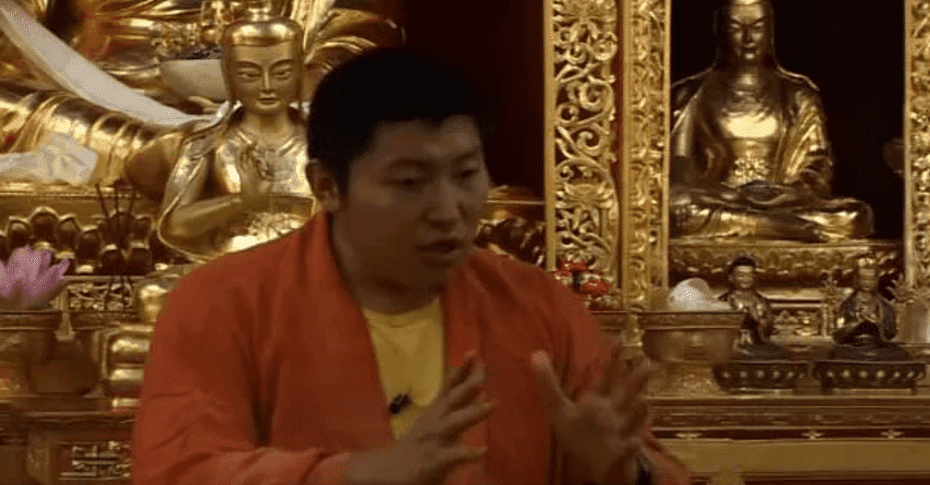

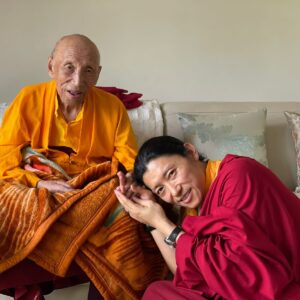
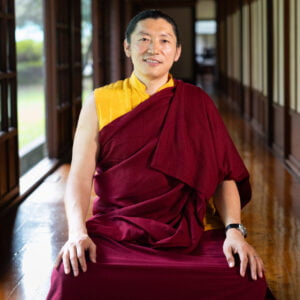
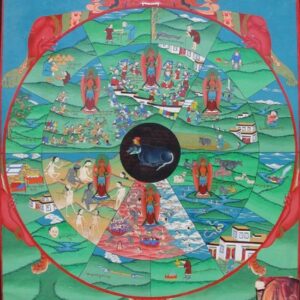
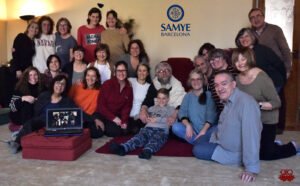
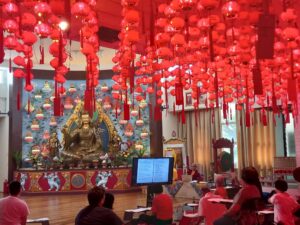
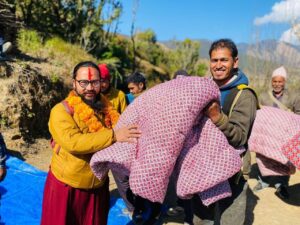
Responses
This is beautiful. Thank you Rinpoche-la.
Thank you Rinpoche..your daily presence and support is a true blessing..??